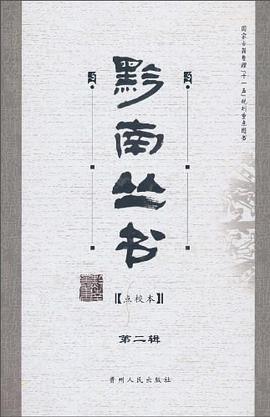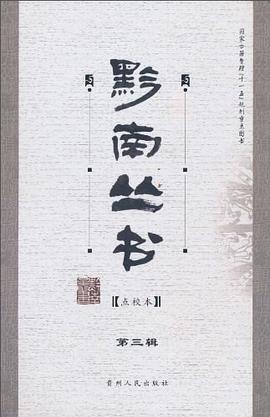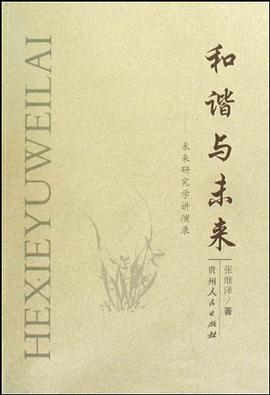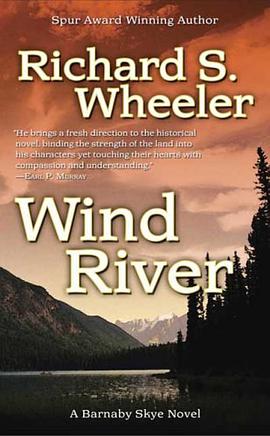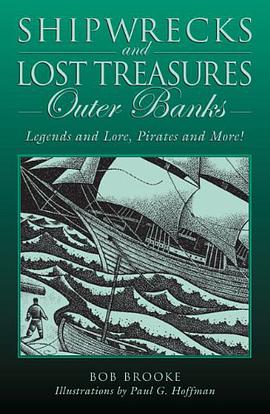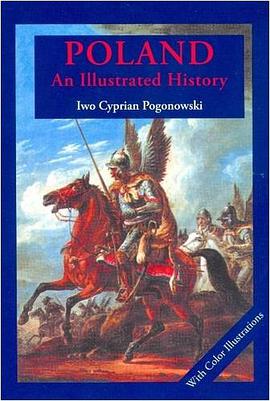

具体描述
Formed over a thousand years ago, the Polish state experienced a golden age in the period after 1385 when Poland and Lithuania voluntarily united, creating a huge commonwealth that extended from the Baltic to the Black Sea. After defeating Germany in 1410, Poland played a civilising role in Balto-Slavic Europe as Polish became known as the language of civility, elegance and diplomacy throughout the region, and Poland garnered a reputation as a country of legal innovations and for tolerance among its people. Poland was the first European state to adopt the concept of due process under law (nearly 300 years before England would do so), the principle of 'habeas corpus', and the idea of "no taxation" without representation long before the colonies were founded in North America. In addition, Poland provided a homeland for Jews facing extinction in medieval and early modern Europe; at one time, 80% of all Jews world-wide lived in Poland. Twentieth century Poland boasts 19 Nobel Prize winners including the poet Czeskaw Milosz, writer Henryk Sienkiewicz and scientist Marie Curie, who patriotically named her discovery of a new radioactive element polonium. This revised edition includes over 50 photographs, illustrations, timelines and maps that chart Poland's shifting territorial boundary lines and depicts a country rich in historical, cultural, political, and social events. New colour photographs have also been added, and the historical narrative is complemented by fascinating asides on Polish art, literature, music, architecture and folklore.
作者简介
目录信息
读后感
评分
评分
评分
评分
用户评价
相关图书
本站所有内容均为互联网搜索引擎提供的公开搜索信息,本站不存储任何数据与内容,任何内容与数据均与本站无关,如有需要请联系相关搜索引擎包括但不限于百度,google,bing,sogou 等
© 2026 book.quotespace.org All Rights Reserved. 小美书屋 版权所有

